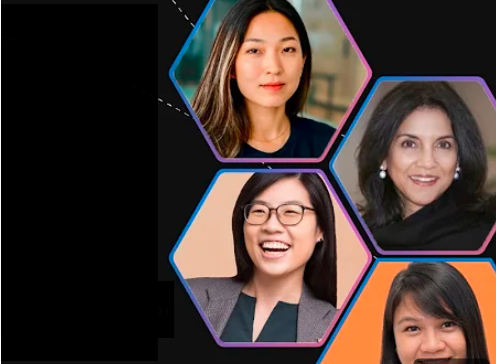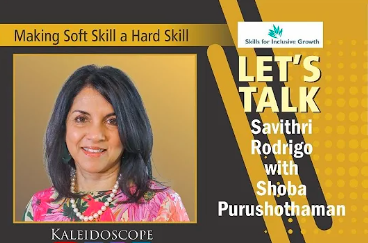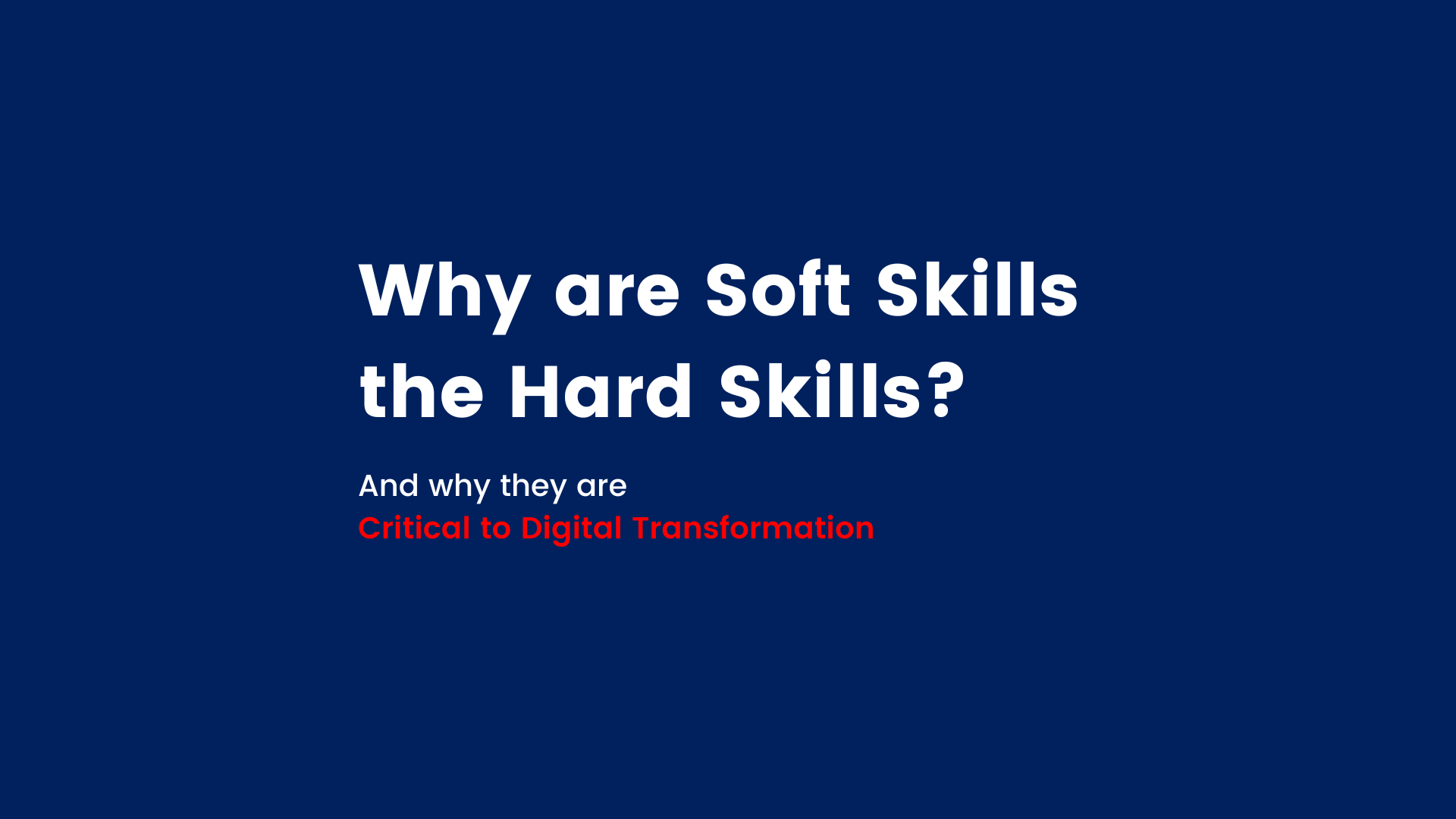
Learning is an overused word, often misapplied and misunderstood. Is Learning how to make an omelette different to teaching someone how to think critically or to listen actively?
Or not?
Certainly, the second two are bigger learning tasks but the principles of teaching so the Learning Sticks and can be Retrieved for application at the right moment is the same for all and involves a word that is curiously absent from 99% of discussions about learning…..Memory.
Most day-to-day things we experience go into short term memory.
To move an experience into long term memory requires it to be consolidated in the neurons in the brain, and the more that pathway is strengthened, the better the potential for an experience to be lodged into memory. Unless an experience makes its way into long-term memory, there’s little hope it can be applied.
Retrieval is one of the most powerful ways to strengthen pathways to help this consolidation.
Professional actors know that reading a script multiple times will not embed it to memory. The fastest way to do that is to use retrieval where you articulate the piece without notes, from memory.
Want to cook the perfect omelette like Jacques Pepin without having to Google each time?
Watch his video lesson a few times, then visualize it by playing it back in your mind multiple times. Break a few eggs and practise. This retrieving of what you watched and then practising trains you to learn, you’re on your way to be an egg master.
It’s amazing how the $500 billion-a-year corporate training industry largely ignores this proven cognitive science of how adults learn.
The default, often driven by online learning content aggregators is to equate access to and viewing content as learning.
Add in AI and the current trend to have an algorithm determine the content an individual watches takes the effective teaching of behavioural skills even farther away from the proven science of how to teach such skills.
To teach Active Listening there are hundreds of pieces of content accessible online.
Mostly, as with a 2-day seminar on the subject in the classroom, these teachings will go into short term memory and be forgotten in the classic training “forgetting curve” within a matter of weeks.
This is because the amount of Interactivity and Retrieval is minimal.
Active Listening is a crucial skill that will not be developed by watching videos if those videos don’t incorporate the science of learning in their pedagogy.
At Hardskills we teach Active Listening in a variety of ways 10 times over a period of 13 weeks in our Global Business Skills (GBS) course. Each of these integrates opportunity for retrieval and other pedagogical techniques to strengthen the neural pathways of the learning. Using proven research from the world’s leading scientists on cognitive science and memory, we structured our pedagogy and crafted a learning experience that enables this.
There is no shortcut to Effective Behavioural Learning that Sticks.

Learning Science: Memory
Learning is an overused word, often misapplied and misunderstood. Is Learning how to make an omelette different to teaching someone how to think critically or to listen actively?
Or not?
Certainly, the second two are bigger learning tasks but the principles of teaching so the Learning Sticks and can be Retrieved for application at the right moment is the same for all and involves a word that is curiously absent from 99% of discussions about learning…..Memory.
Most day-to-day things we experience go into short term memory.
To move an experience into long term memory requires it to be consolidated in the neurons in the brain, and the more that pathway is strengthened, the better the potential for an experience to be lodged into memory. Unless an experience makes its way into long-term memory, there’s little hope it can be applied.
Retrieval is one of the most powerful ways to strengthen pathways to help this consolidation.
Professional actors know that reading a script multiple times will not embed it to memory. The fastest way to do that is to use retrieval where you articulate the piece without notes, from memory.
Want to cook the perfect omelette like Jacques Pepin without having to Google each time?
Watch his video lesson a few times, then visualize it by playing it back in your mind multiple times. Break a few eggs and practise. This retrieving of what you watched and then practising trains you to learn, you’re on your way to be an egg master.
It’s amazing how the $500 billion-a-year corporate training industry largely ignores this proven cognitive science of how adults learn.
The default, often driven by online learning content aggregators is to equate access to and viewing content as learning.
Add in AI and the current trend to have an algorithm determine the content an individual watches takes the effective teaching of behavioural skills even farther away from the proven science of how to teach such skills.
To teach Active Listening there are hundreds of pieces of content accessible online.
Mostly, as with a 2-day seminar on the subject in the classroom, these teachings will go into short term memory and be forgotten in the classic training “forgetting curve” within a matter of weeks.
This is because the amount of Interactivity and Retrieval is minimal.
Active Listening is a crucial skill that will not be developed by watching videos if those videos don’t incorporate the science of learning in their pedagogy.
At Hardskills we teach Active Listening in a variety of ways 10 times over a period of 13 weeks in our Global Business Skills (GBS) course. Each of these integrates opportunity for retrieval and other pedagogical techniques to strengthen the neural pathways of the learning. Using proven research from the world’s leading scientists on cognitive science and memory, we structured our pedagogy and crafted a learning experience that enables this.
There is no shortcut to Effective Behavioural Learning that Sticks.





.png)


